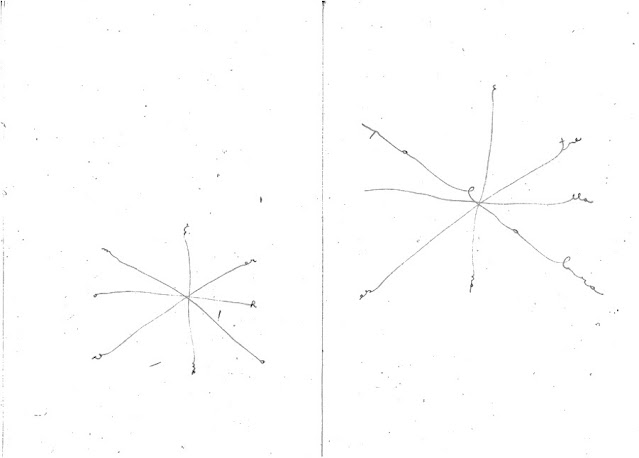THREE:three: [via Guest editor Rachel Robinson] / Plastic poetics, Coca Cola & other utopian objects / A WORD FROM OUR SPONSORS /
Plastic poetics, Coca Cola & other utopian objects
/ A WORD FROM OUR SPONSORS /
Visual and Plastic Poetics: From Brazilian Concretism to the Chilean Neo-Avant-Garde (Legenda, 2022)
/ A BOOK OBJECT by Guest Editor Rachel Robinson
Characteristically a-syntactic and insisting upon on the word and poem as object, Brazilian concrete poetry (1950s onward) creatively and often playfully performs a critique of the ways in which we interact with language and literature. The concretist techniques move beyond the Brazilian borders to the Chilean neo-avant-garde of the 1970s and 1980s. I demonstrate for the first time how three Chilean experimental poets, Cecilia Vicuña (1947-), Juan Luis Martínez (1942-1993) and Rodrigo Lira (1949-1981), develop and expand upon Brazilian concrete poetics. Furthermore, the Chilean recovery of the experimentations of concrete poetry transfers the critique of language from an international sphere to the severe political reality of Chilean politics, particularly during or in relation to the dictatorship of Augusto Pinochet.
 |
| Book cover artwork Cecilia Vicuña |
While observing concretist features in the poems of these Chilean writers, I do not argue that they are concrete poets or that their works are concretist. Instead, I propose that they have absorbed into their own later works features of concrete poetry that they develop as part of their own unique poetics with diverse motivations. Several key characteristics of concrete poetry are manifest in the works of these Chilean poets. In particular, they share 1) a focus on the word decoupled from syntax, 2) an emphasis on the space of page (and at times beyond the limits of the page) instead of the line and 3) a destabilisation of the authority of a poem which in turn facilitates the reader’s entry into the creation of it. Making use of these strategies, all three Chilean poets uniquely develop and then significantly bend to their own purposes concretist poetics as a political gesture against authoritarian and capitalist ideals.




Comments
Post a Comment